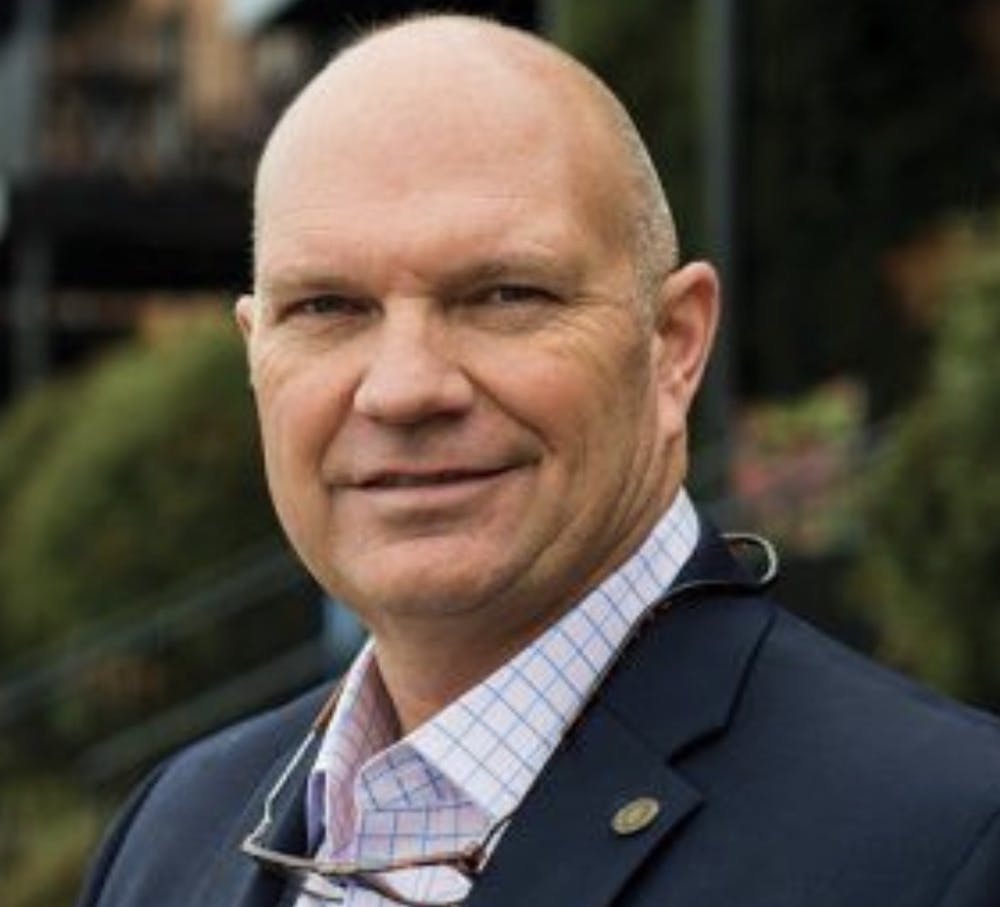Free stuff always sounds great — except for the fact that not much is really ever free.
Such is the case in the current political talking points from the left in which leaders are promoting that higher education should be free and that health care for all will solve all our nation’s inequalities.
In fact, the opposite is true.
It’s a sad truth that, despite the strong economy before the coronavirus, more people were struggling financially due to the escalating cost structures of education and health care, two of society’s critical pillars. The cost of education outpaced wage growth by eight times between 1989 and 2016, while the cost of health care has increased twice as quickly as wages over the last 10 years.
Current student debt is over $1.5 trillion. The bulk of that is guaranteed by the federal government, which has supported a false economy within higher education. This is evident in the record-building boom on campuses nationwide, supported by a bond market that relied on massive federal lending to students.
After building new facilities at a record pace, many universities now face significant and growing repair and renovation needs, and most campuses lack a funding source to pay those bills. The result is that significant additional spending will be needed. Meanwhile, real estate investment trusts have jumped in and built student housing, also at a record pace, creating a strong competitor to university-owned units at many campuses.
None of this is sustainable given the cost structure that it now takes to get a four-year degree — the math just doesn’t work.
The health care industry has also created an equally unsustainable model on many fronts. The consolidation of health care systems and physician practices has not driven down cost and improved quality. Instead, statistics show costs rising and quality declining.
Just as in higher education, the medical industry has seen a large increase in administrative bloat, helping drive costs steadily higher. Much of this added expense can be traced back to federal regulatory requirements that take layers of staff to handle reporting needs. Has such administrative growth improved either higher education or healthcare?



